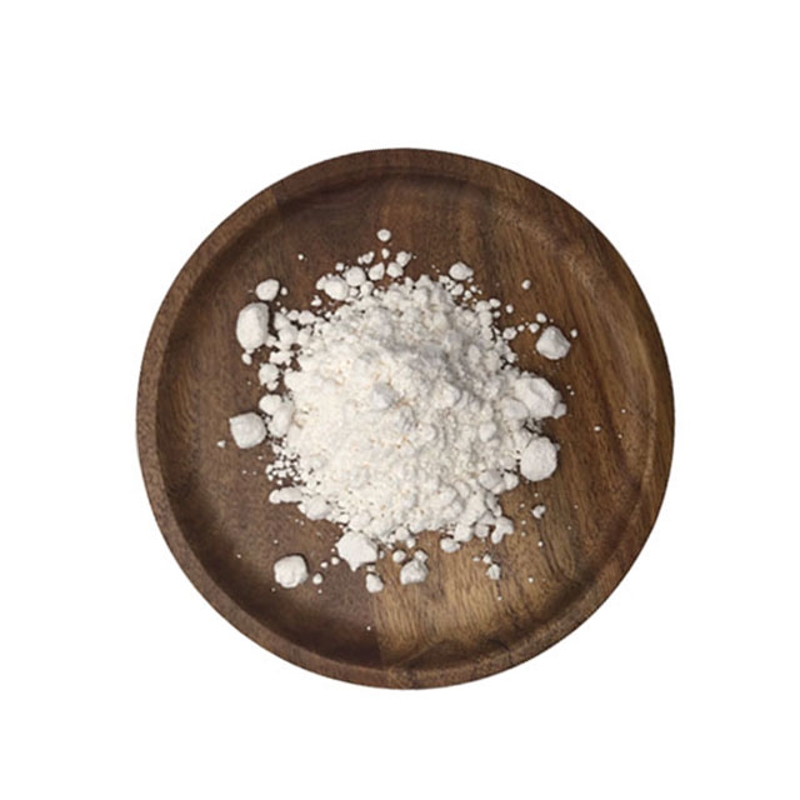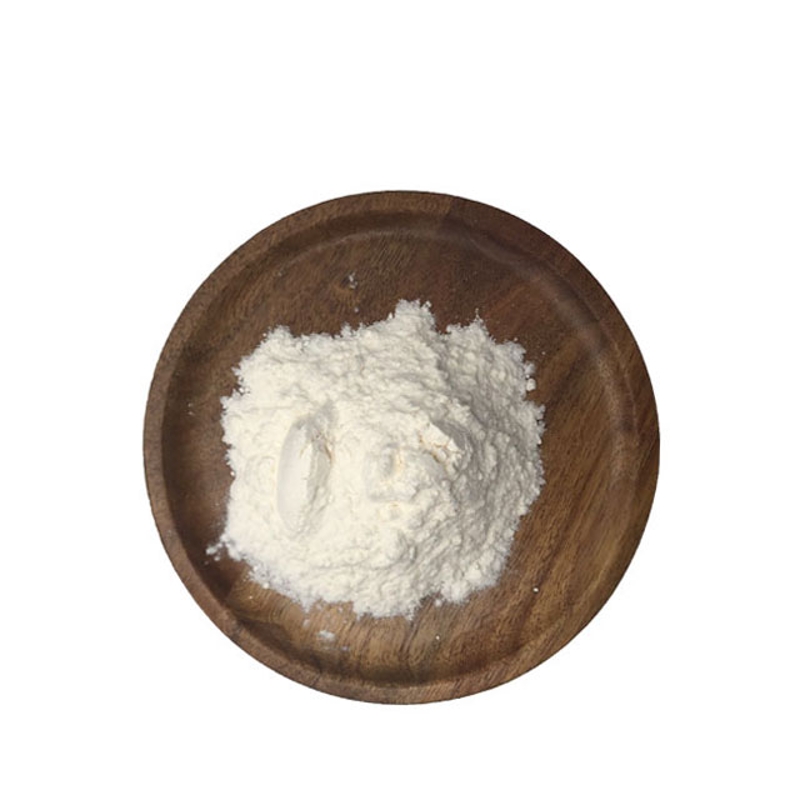-
Categories
-
Pharmaceutical Intermediates
-
Active Pharmaceutical Ingredients
-
Food Additives
- Industrial Coatings
- Agrochemicals
- Dyes and Pigments
- Surfactant
- Flavors and Fragrances
- Chemical Reagents
- Catalyst and Auxiliary
- Natural Products
- Inorganic Chemistry
-
Organic Chemistry
-
Biochemical Engineering
- Analytical Chemistry
- Cosmetic Ingredient
-
Pharmaceutical Intermediates
Promotion
ECHEMI Mall
Wholesale
Weekly Price
Exhibition
News
-
Trade Service
With advances in genome sequencing technology, cancer treatments are increasingly using the "synthetic lethal" effect, which uses cancer-specific genetic defects to identify targets that are critical to the survival of cancer cells.
when non-lethal mutations in different genes accumulate in cells, it causes a "synthetic lethal" effect on cancer cells.
in a paper published online July 27, 2020 in the Proceedings of the National Academy of Sciences (PNAS), "FEN1 endonuclease as a therapeutic target for human cancer with defects in homologous resle", researchers at the San Diego Division of the Ludwig Institute of Cancer and the University of California, San Diego School of Medicine, found that inhibiting a key enzyme that could cause two major types of breast and ovarian cancer death sey ness in mice.
the team was led by Dr. Richard D. Kolodner, a professor of cell molecular medicine at the San Diego division of the Ludwig Cancer Institute.
they used saccharomyces cerevisiae to study synthetic fatal relationships.
, a type of yeast used in basic research, is the most common type of cancer in the United States, with about 276,000 new cases per year, prostate cancer is the fourth most common cancer, with about 192,000 new cases per year, and ovarian cancer ranks 17th, with about 22,000 new cases added each year.
BRCA1 and BRCA2 genes usually help prevent breast and ovarian cancer and other cancers, but if a mutation occurs, it can make a person more vulnerable to breast or ovarian cancer, or cancer at a younger age.
less than 10 percent of breast cancer patients have a BRCA mutation, according to the National Breast Cancer Foundation, but it is estimated that 55 to 65 percent of women with BRCA1 gene mutations will develop breast cancer before the age of 70, and about 45 percent of women with BRCA2 mutations will develop breast cancer before the age of 70.
, women with BRCA mutations have an increased risk of ovarian cancer, while men with BRCA mutations have an increased risk of breast and prostate cancer.
in this study, the researchers focused on the endoenzyme 1 (FEN1), a DNA structural-specific nucleic acid endoenzyme involved in DNA replication and repair.
researchers found that BRCA1 and BRCA2 mutant cancer cell lines were killed first when they blocked FEN1's function using small molecule inhibitors or gene ablation.
it is worth noting that normal cells can be recovered from FEN1 inhibition.
, Dr. Kolodner and his colleagues then tested the method in an immune-impaired mouse heterotransplant model and found that inhibition of FEN1 significantly reduced the growth rate of tumors in mice.
researchers say their findings are important in two ways: they highlight the value of using brewery yeast as a genetic tool to detect synthetic lethality, and have identified FEN1 inhibitors that can be further developed as cancers with targeted weaknesses.
.







